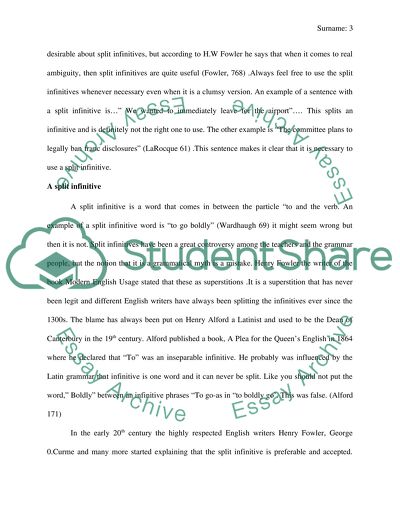Cite this document
(“Myths about Grammar Essay Example | Topics and Well Written Essays - 1250 words”, n.d.)
Retrieved from https://studentshare.org/english/1432824-myths-about-grammar
Retrieved from https://studentshare.org/english/1432824-myths-about-grammar
(Myths about Grammar Essay Example | Topics and Well Written Essays - 1250 Words)
https://studentshare.org/english/1432824-myths-about-grammar.
https://studentshare.org/english/1432824-myths-about-grammar.
“Myths about Grammar Essay Example | Topics and Well Written Essays - 1250 Words”, n.d. https://studentshare.org/english/1432824-myths-about-grammar.


